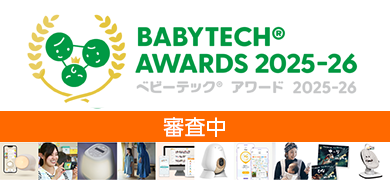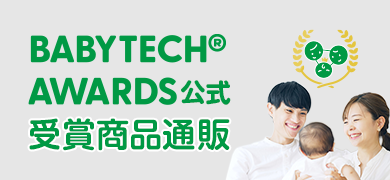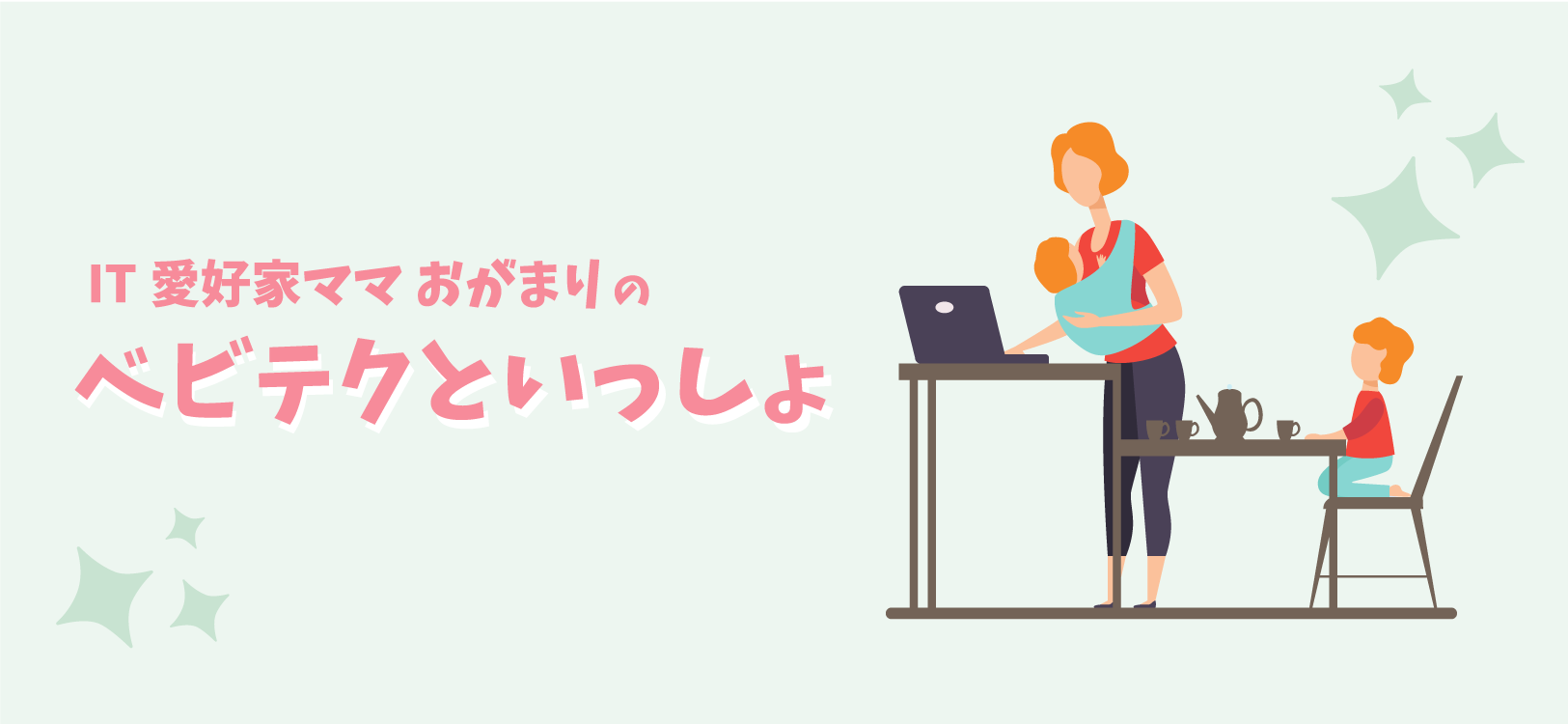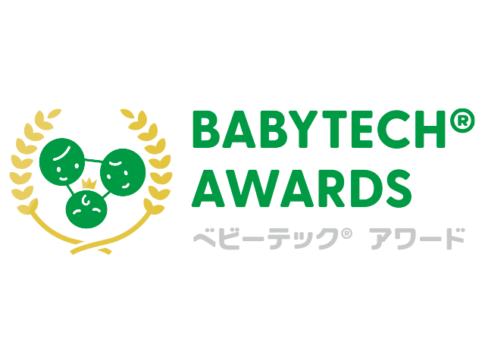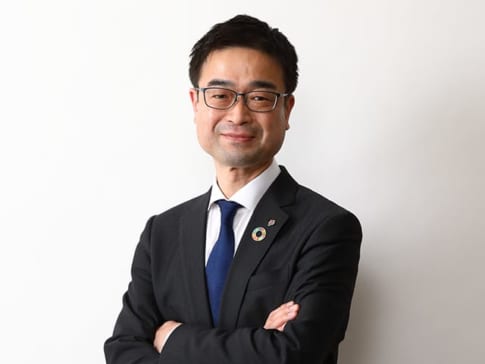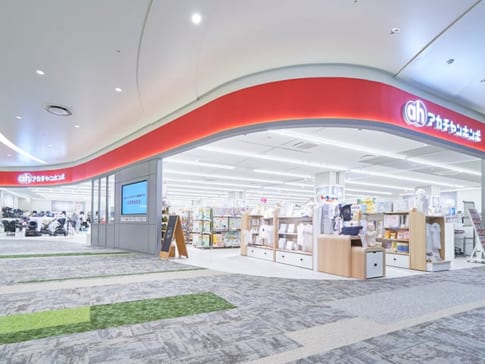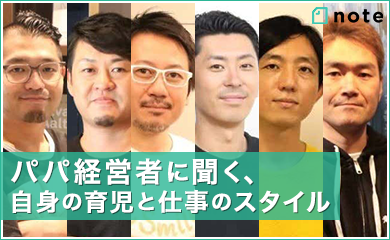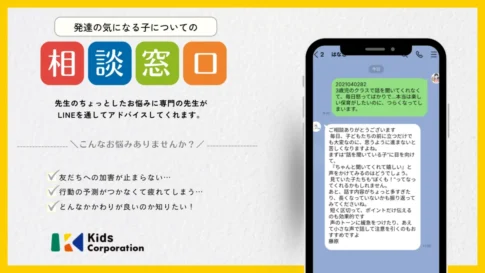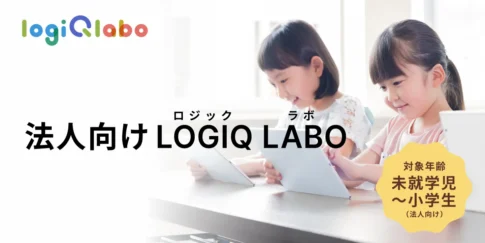A very stimulating article was published.
The company's core business is security, followed by AI (artificial intelligence). Security and AI are necessary because of the services they provide. In 2016, President Egawa took a wild leap, saying, "I was searching for a service that would bring the IoT to life, but I couldn't find anything. I decided to start an IoT condominium and built it in a lighthearted manner.
With 150 million yen of private funds, President Egawa spent six months building a new three-story IoT condominium in Tokyo, where he began living with his family and employees in February 2017.IoT condominiums are not at the level of "turn on the air conditioner even when you are out with your smartphone in hand," "no more physical keys with smart locks," or "control home appliances by talking to an AI speaker." IoT condominiums do not mean "turn on the air conditioner from your smartphone even when you are out of the house," "no more physical keys with smart locks," or "control home appliances by talking to AI speakers. These are condominiums that collect and analyze logs of every activity using sensors installed throughout the house.
IoT condominium built with 150 million yen of your own money, success is yet to come, even if the living logs are leaking.
Mr. Egawa, who is the president of a security and IoT technology software development venture company called SELTECH, has invested 150 million of his own money to build a new IoT apartment building at his personal expense. The scale is dizzying...
The smart home concept is only a hub. In the software world, it stands as middleware, so unless the number of front-end applications increases, the future of how to make use of the accumulated data will not be clear, so there is no point for consumers to spend money on it. We see this as a major challenge for the current smart home concept.
President Egawa also made the following remarks.
President Egawa continues, "IoT is something that enriches people, but we are still in the process of verifying what that something is and where it is going. If the tastes and preferences of people living in a house are known, car manufacturers could use it to provide driving directions, he said. If they know whether people are at home or not, delivery companies can set up delivery routes in advance to avoid their absence. The results of IoT apartment analysis can connect people in various markets and take service to a new dimension.
Will the results of the analysis of IoT apartments (or smart homes, to put it another way) bridge the divide between fragmented markets and create a new market? If so, I have a feeling that it will be in the field of nursing care or childcare (BabyTech), where technology is used to look after people, but I wonder how many trillions of yen will be invested worldwide over the next five years to lay the foundation for the future.
Hardware cannot surpass software. Thinking about the smart home is a constant reminder of this.

